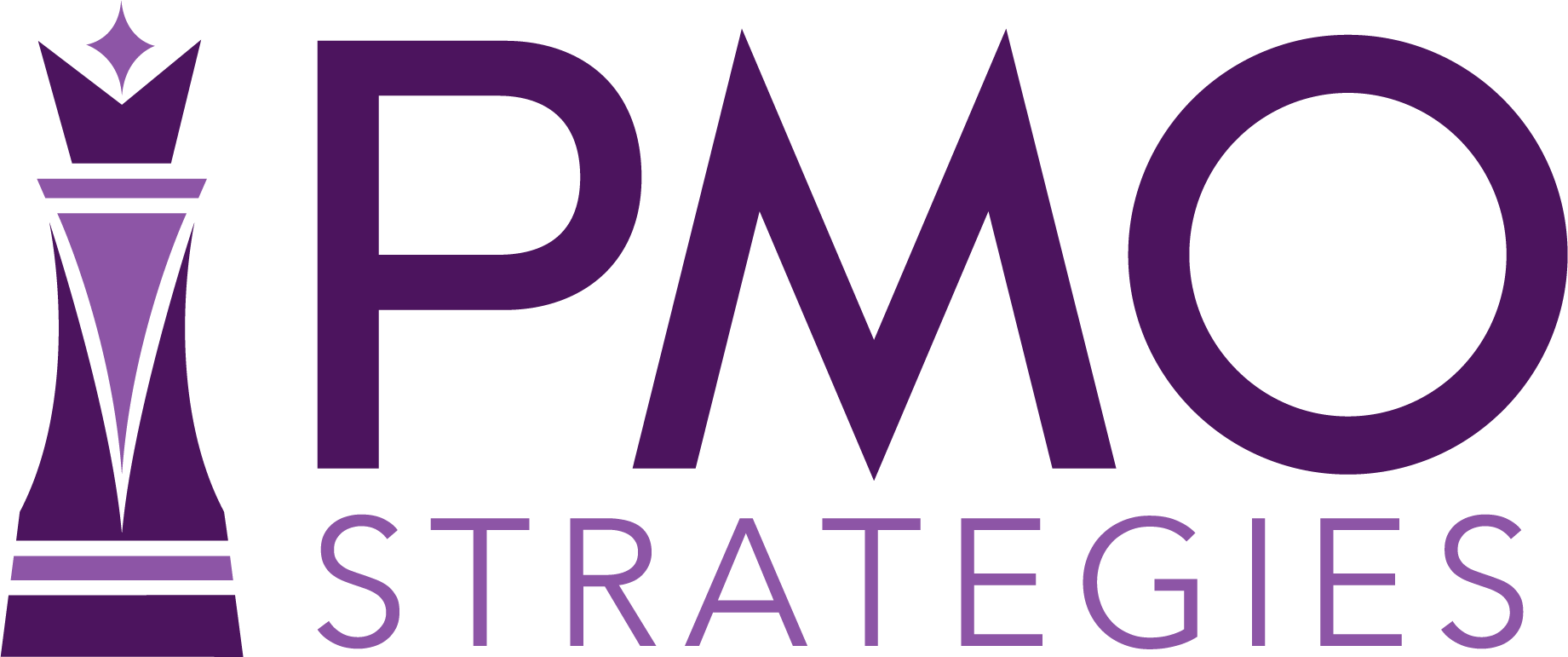Author: Mike Hannan, CEO Fortezza Consulting
Perhaps no field as important to humankind as project management has experienced less innovation. In fact, I challenge you to name five PM breakthroughs in the last 100 years. Go ahead, take your time…
The Case for PM Innovation
One might argue that the field is already mature, or based mostly on common sense, and thus doesn’t call for any major advancements. But most PMs reading this are likely nodding their heads, painfully aware of how immature our profession remains—in spite of being based mostly on common sense. And study after study confirms the sad state of affairs, showing project success rates stuck in the low 60-percent range. That’s right, a D-.
One might also argue that other, more trailblazing fields are far more important to humankind than poor, plodding project management, and thus the slow pace of PM innovation is of minimal concern. Surely such boundary-pushing domains as biomedicine, climatology, or space physics carry more promise to humanity than staid project management, right? Seems to make sense, until one realizes how project-centric those domains are—ever hear of the Human Genome project? How about the dozens of NASA programs and projects that advance our knowledge of climatology and space physics? Pick whatever “top three” fields you consider of highest impact to the human race, and chances are that at least two of them depend heavily on the planning and execution of projects.
If you think about it, what other discipline exists for the sole purpose of improving anything worth improving? If you agree that this mission is the dominion of PM and PM alone, then you will likely also agree that we have grossly undervalued it. It’s time to redefine project management and its value proposition.
Redefining Project Management
So, let’s start by challenging the definition of the word “project” itself, as put forth by the Project Management Institute (PMI):
“A temporary endeavor undertaken to create a unique product, service or result.”
Not wrong, but incomplete, and definitely not all that inspiring—here’s what we’d propose instead:
“An investment in time and resources undertaken to generate maximal positive impact.”
The notion of projects as investments is the first long-overdue shift in thinking required. More than just a “temporary endeavor,” an investment carries the expectation of generating something more valuable than what we sacrificed to put into it. It’s not enough to create something “unique” in the end—that something must also be of greater expected value, likely to be worth more than all the time, effort, money, risk, and more that went into it. Investments also carry hope of maximal return. Sure, they probably also have some minimal target return expected, but if we end up getting far more than that minimum, so much the better. In short, there should be an aspect, or at least a hint, of unbridled hope for unlimited upside.
So, with the new definition of a project in mind, let’s take the next step, and redefine project management. Again, here’s PMI’s definition:
“The application of knowledge, skills, tools and techniques to project activities to meet project requirements.”
Again, this is not wrong, but incomplete and lacking in inspiration—here’s what we propose:
“The application of knowledge, skills, tools and techniques to project activities to maximize the return on project investments.”
Call for Innovation, in Pursuit of Unbounded Positive Impact
Armed with this improved definition, we can apply a whole new perspective—and some innovative techniques—in pursuit of such unbounded positive impact. For example, rather than focusing solely on the more mundane challenges of executing projects within plan, we can free ourselves to take on the additional—and much more exciting—quest to maximize the value that our projects might generate. What if landing a project a month early will double its value without costing anything additional? Or what if we find ways in which modest additional investments might dramatically improve the positive impact of our project portfolio? With the more universal and holistic “return on investment” metric to guide us—measured in whatever “bang for the buck” value terms applicable to your specific organization—we can venture off in the right direction.
Even better, this means that the kinds of innovation we need in order to make great leaps forward might already be within our grasp. We have proven ways to boost the reliable throughput of project completions, to select investments with higher expected value or impact, and to engineer higher-impact results as we execute. We just need to identify the best of these techniques, apply them harmoniously, and then get better and better at applying them. We believe that our ACCLAIM approach has made some headway in identifying and applying the highest-impact project portfolio management (PPM) techniques in a harmonious manner, but now that we’ve redefined project management and its value proposition, we can go much further. Projects have always existed to explore the unknown, to drive financial success, to save lives, and to advance humankind. At no time in human history has this promise and potential for positive impact been needed more than it is now.
 Thanks for taking the time to read this article written by our friend Mike Hannan. You can learn more about Mike and Fortezza Consulting here.
Thanks for taking the time to read this article written by our friend Mike Hannan. You can learn more about Mike and Fortezza Consulting here.
Thanks for taking the time to read this article.
Click here to receive these blog posts right to your inbox.
Fill out our one-minute survey if you have topics you would like read more about.
I welcome your feedback and insights. Please leave a comment below.
See you online!
Warmly,








